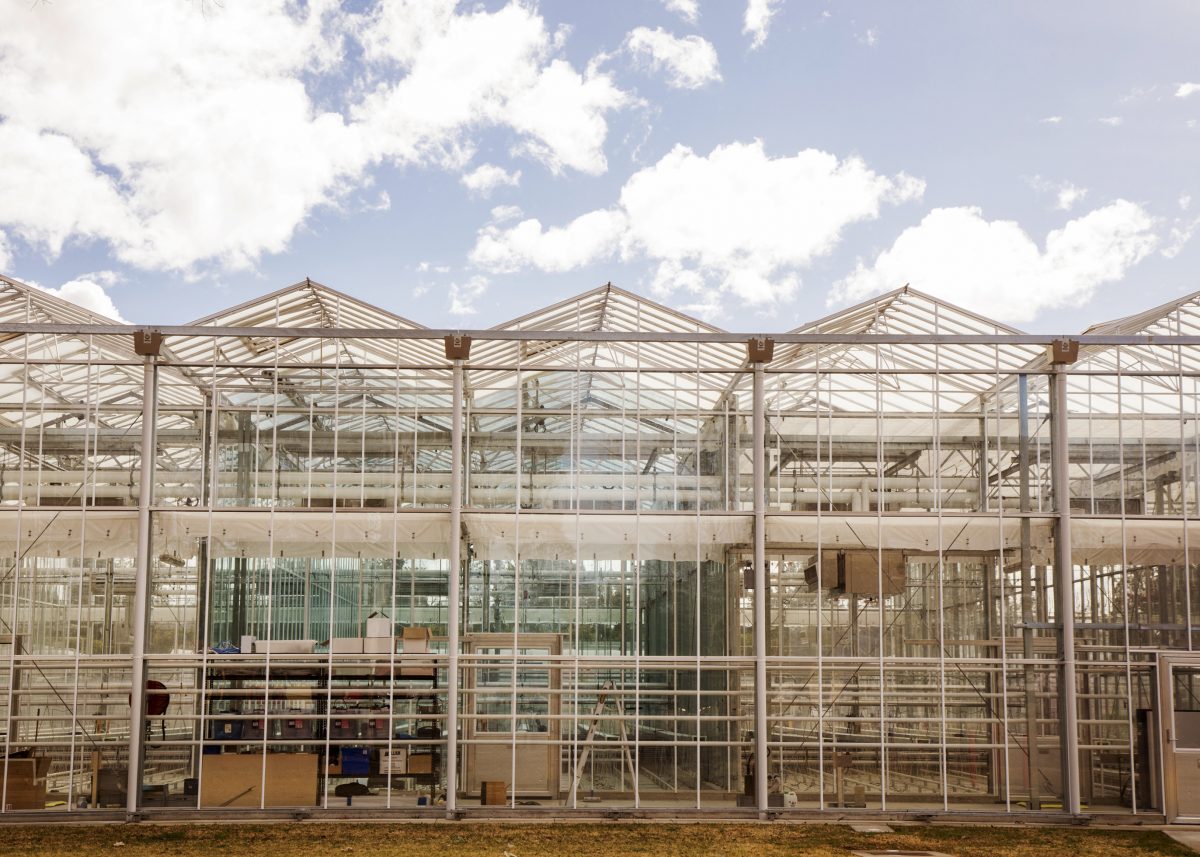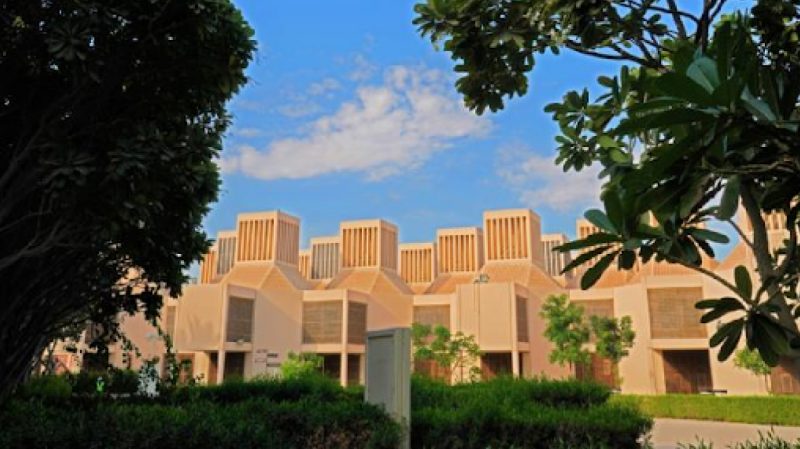New CRC participant Qatar University, based in Doha, is the country’s leading tertiary education and research institution, ranked second of all the Arab universities in the inaugural Times Higher Education (THE) Arab University Rankings.
Among Qatar University’s research strengths is finding solutions to environmental challenges. And one challenge facing Qatar is that of reliably producing enough nutritious food to feed its citizens in future decades in what are often hot, dry conditions. Australia faces similar conditions – and its research community has significant expertise in developing technology-driven solutions that enable our agriculture sector to grow more and better with less.
Dr Talaat Abdel-Fattah Ahmed, Associate Professor of Plant Molecular Genetics in Qatar University’s Environmental Science Centre, is keen to collaborate with Australian researchers under the CRC to solve challenges common to both nations.
“Qatar University is the national institution of higher education in Qatar,” Assoc. Prof. Ahmed says. “It provides high-quality undergraduate and graduate programs that prepare competent graduates, destined to shape the future of Qatar.
“The university community has diverse and committed faculty conducting research which addresses relevant local and regional challenges, advances knowledge, and contributes actively to addressing the needs and aspirations of society.”
“Qatar and Australia have good relations, assisted by the like-minded interests of the two countries and the determination of their governments to strengthen bonds between the people’s and research institutes of both countries in all fields, particularly in the food security sector,” he says.

The experimental glasshouse facility at WSU in which researchers and students conduct crop and technology trials. Credit: Western Sydney University
CRC collaborations advancing sustainable agriculture
Australia has world-class research facilities for investigating crop production – among them, the state-of-the-art experimental glasshouse at Western Sydney University’s Hawkesbury Institute for the Environment.
Here, a research team led by Professor Zhonghua Chen at WSU and Associate Professor Ahmed at Qatar University’s Environmental Science Centre are looking forward to working together to develop fertigation solutions of use to both nations in an initial project under the CRC.
“The activity of the proposed project will facilitate intensive and active interaction between the researchers from Western Sydney University and Qatar University,” Assoc. Prof. Ahmed says.
“The proposed research will pave the way for more advanced research in the future to address all aspects of agricultural production in Qatar, such as soil and water management and cultivation technology.
“This research will help to build strong relationships and trust between team members from both institutes,” he adds. “It will encourage them to strengthen the collaboration through the design and implementation of future projects addressing all the aspects of dryland agriculture in Qatar.
“This will be achieved through inclusion of more researchers from both sites, and by building a multidisciplinary research team including other researchers from other institutes.”
More about Qatar University Environmental Science Center
Qatar has a biodiverse environment and a rich marine heritage. The university’s Environmental Science Center, established in 1980, aims to understand and protect these precious natural resources. The nation’s leading environmental science research centre, the ESC has state-of-the-art resources and conducts cutting-edge research in areas that include marine science and biology; atmospheric science; and earth and terrestrial sciences.
Other Qatar University research institutes
Laboratory Animal Research Center
Qatar Transportation and Traffic Safety Center
Social and Economic Survey Research Institute
KINDI Center for Computing Research
Center for Sustainable Development
Centre for Law and Development
Source: I Qatar University
Lead image: Qatar University campus. Credit: Qatar University


